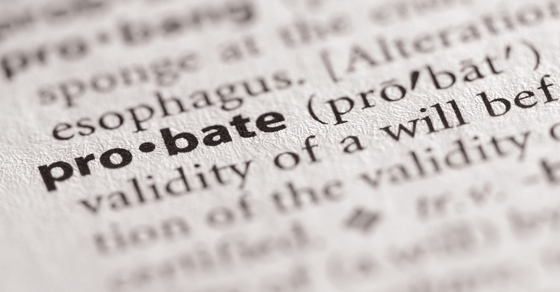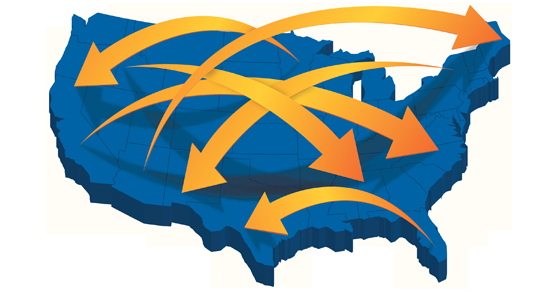Estate Planning in a Socially Distanced Environment
As many states continue to struggle with the current surge in COVID-19 cases, the “new normal” demands continued social distancing in many areas of life. What does this mean for estate planning? Clearly, estate planning is as important today — or arguably more important — than ever. But how do you plan your estate and […]Continue reading









